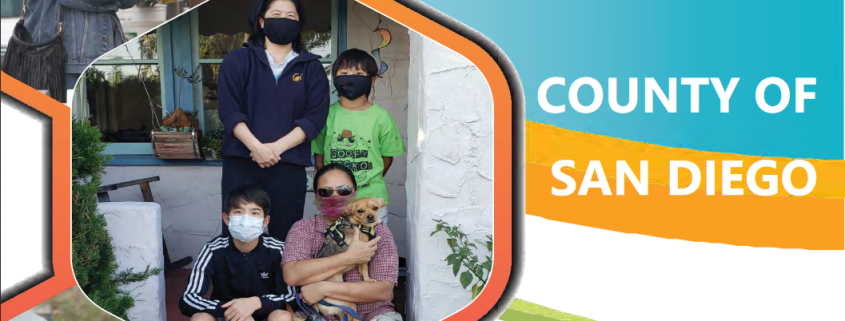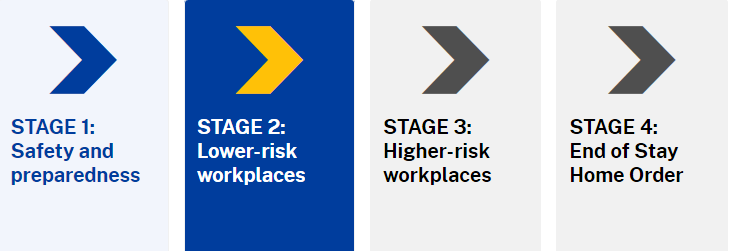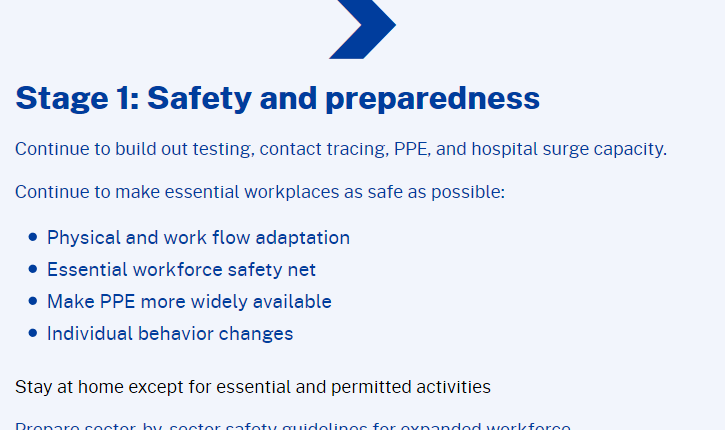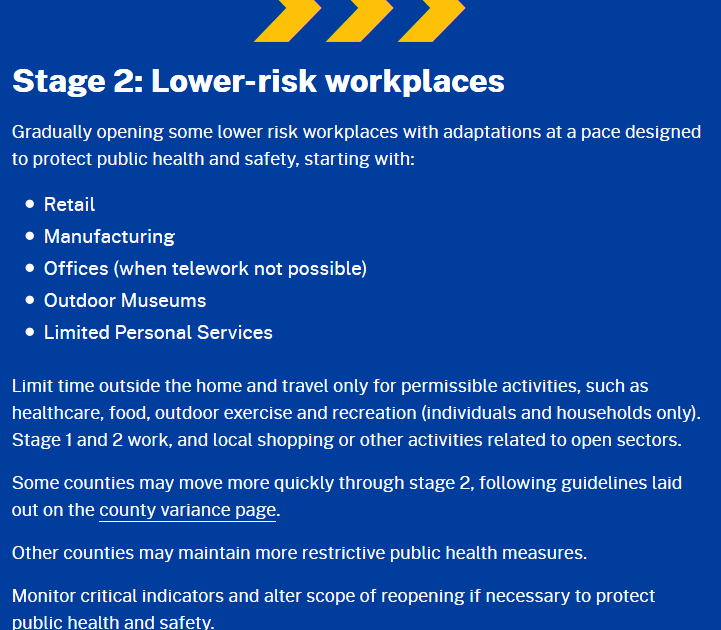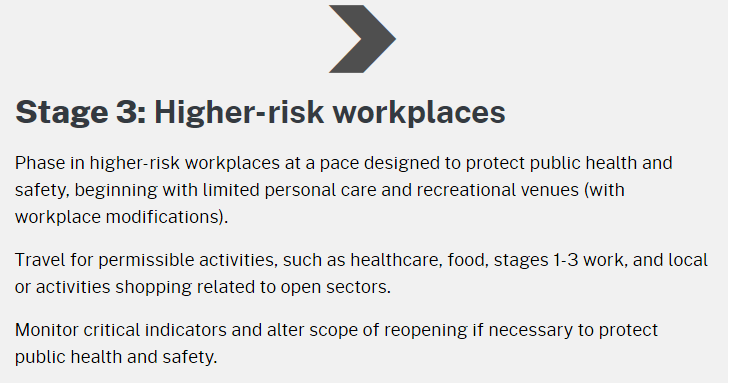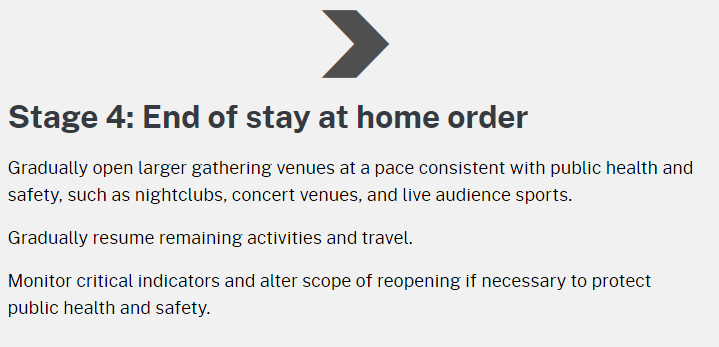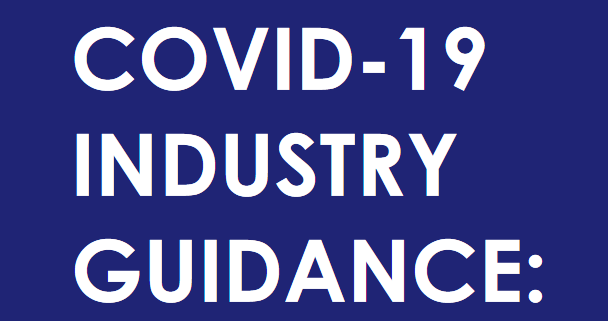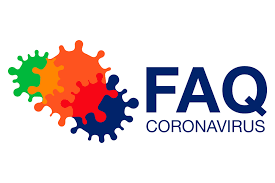Get An idea of How San Diego County is Doing With COVID-19 (Stage 2 of 4)
Resilience Roadmap
Californians have been staying home and saving lives since the start of our statewide stay-at-home order issued on March 19, 2020. These efforts have allowed the state to move forward on the State’s roadmap for modifying the statewide order.
As of the date of this publication, California is now in early Stage 2, where retail, related logistics and manufacturing, office workplaces, limited personal services, outdoor museums, child care, and essential businesses can open with modifications. The state is issuing guidance to help these workplaces reopen safely.
Stage 2
On May 8th, the Governor outlined a process where counties who met specific criteria could move more quickly than other parts of the state through Stage 2 of modifying the Stay-at-Home order.
San Diego County filed an Attestation that they have met the readiness criteria specified in the May 8, 2020 COVID-19 County Variance Attestation Form. Accordingly, San Diego County was authorized to move more quickly through Stage 2 opening sectors once state guidance is posted for that sector.
*******************************
REVIEW THE ATTESTATION: San Diego County (PDF) / Alternative Link
I encourage you to read it. It is similar to an informal “state of the county” update.
*******************************

